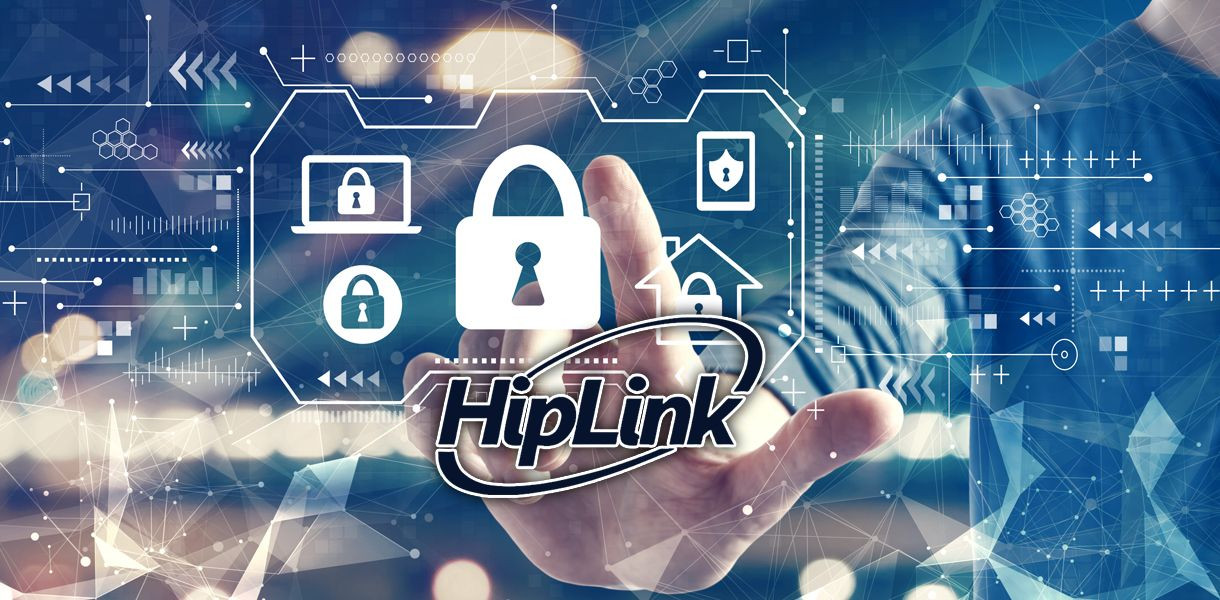Here are some strategies for state and local chief information officers (CIOs) to maximize their resources and limited funding in order to advance their resilience efforts.
Changing the Focus:
Traditionally, the prevailing notion has been that cyber perfection lies in prevention. However, in our interconnected world, "prevention" is no longer an accurate measure of resilience. The cybersecurity field constantly evolves as new threats emerge, making it imperative that we redefine resilience. Rather than solely aiming to prevent breaches and attacks, the focus should shift towards safeguarding critical information and maintaining operations in the face of inevitable attacks and breaches.
To achieve this operational consistency and resilience in the evolving threat landscape, adopting the Zero Trust framework is essential. Zero Trust, based on the principles of "assume breach" and "least privilege," advocates for a default deny approach to cybersecurity. It has become the standard for agencies and federal organizations, aligning with objectives outlined in the 2021 Executive Order on Improving the Nation’s Cybersecurity by the Biden Administration, as well as other evolving cybersecurity mandates and regulations.
Nevertheless, some agencies and public sector CIOs often fall short in their Zero Trust journeys by prioritizing perfection over progress. Instead of mastering individual phases or pillars, they should focus on holistic progress in 2024. This begins with identifying critical assets, addressing security gaps in the current architecture, such as patching known vulnerabilities, and implementing granular security policies across environments.
Cyber Resilience is a Continuous Journey:
Progress and adaptability to evolving threats are most effective when an organization has a solid foundation. Practicing basic cyber hygiene, such as regular data backups, device updates, continuous monitoring, scanning, tabletop exercises, and incident response plan testing, plays a pivotal role in reducing risk exposure and preempting attacks.
Cyber resilience, like the pursuit of Zero Trust, is an ongoing journey. There is no single solution or tool that guarantees success. Therefore, practicing cyber hygiene daily, implementing two-factor authentication, educating teams about phishing attacks, and ensuring adherence to proper cybersecurity protocols among agency leaders are essential.
Ultimately, consistent practice of cyber hygiene helps reduce an organization's attack surface and enhances its ability to adapt to evolving threats, thereby maximizing the return on security investments.
A Collective Effort for Cyber Resilience:
Cyber resilience is not solely the responsibility of the CISO or the CIO—it is a collective obligation of the entire organization, including its leadership. Defending against evolving cyber threats requires comprehensive commitment and support from every member of the organization.
By acknowledging that cybersecurity is a collective effort and understanding that cyber resilience is an ongoing process, organizations can better advance their cyber resilience strategies in 2024. This positions them more effectively to contain and combat the inevitable attacks they will face.
Effective planning and preparation are essential to delivering a successful rollout, increasing security, and enhancing communication efficiency. For more information about HipLink and our STM app, contact us at 1-800-524-7503.



